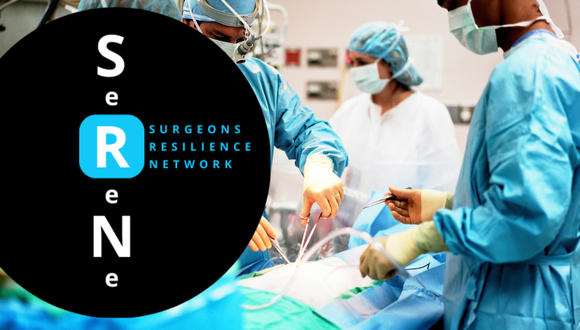Burnout and Resilience Among Surgical Care Personnel
In 2022, Professors Adini and Kashtan, alongside PhD candidate Yared Mulu Gelaw from the College of Medicine and Health Sciences at Bahir Dar University, conducted a pivotal study on burnout, resilience, and associated factors among healthcare personnel in the surgical care departments of tertiary hospitals in North-West Ethiopia. This research explored the impact of workplace stressors on healthcare professionals and identified key factors influencing their resilience and burnout levels. By focusing on this critical issue, the study aims to enhance our understanding of the challenges faced by surgical teams and inform strategies to improve their well-being and job satisfaction. The findings provide valuable insights into the support needed to foster a healthier and more resilient healthcare workforce.
Background: The quality of healthcare is significantly influenced by the burnout levels and resilience of health professionals. Developing resilience is crucial for medical professionalism, yet there is limited data on these factors in developing countries like Ethiopia.
Objective: This study aimed to evaluate burnout and resilience at work (RaW) among health professionals in the surgical, gynecologic, and obstetric departments of teaching hospitals in Ethiopia.
Methods: A cross-sectional study was conducted involving 388 health professionals from two major hospitals in North-West Ethiopia. Data were collected using validated questionnaires measuring burnout (via Maslach’s Burnout Inventory) and resilience (via Winwood’s Resilience at Work tool). The study utilized linear logistic regression to identify predictors of burnout and RaW.
Results: The study found that 26% of participants experienced significant burnout. Specifically, 52.8% reported high emotional exhaustion, 38.7% high depersonalization, and 32.2% low personal accomplishment. Factors influencing emotional exhaustion included profession and workload, while age and perceived workload were significant for depersonalization. Personal accomplishment was associated with professional recognition and managerial roles. A mean RaW score of 78.36 indicated a negative correlation with emotional exhaustion and depersonalization but a positive correlation with personal accomplishment. Profession and marital status were identified as positive predictors of RaW.
Conclusion: High levels of burnout were observed among healthcare professionals, which negatively impacted resilience at work. Enhancing professional RaW and recognition could help mitigate burnout and improve job satisfaction. This research highlights the need for targeted interventions to build resilience in low socio-economic settings to strengthen healthcare systems.


